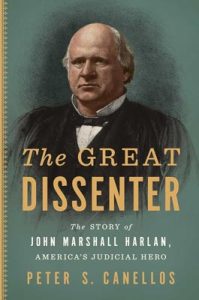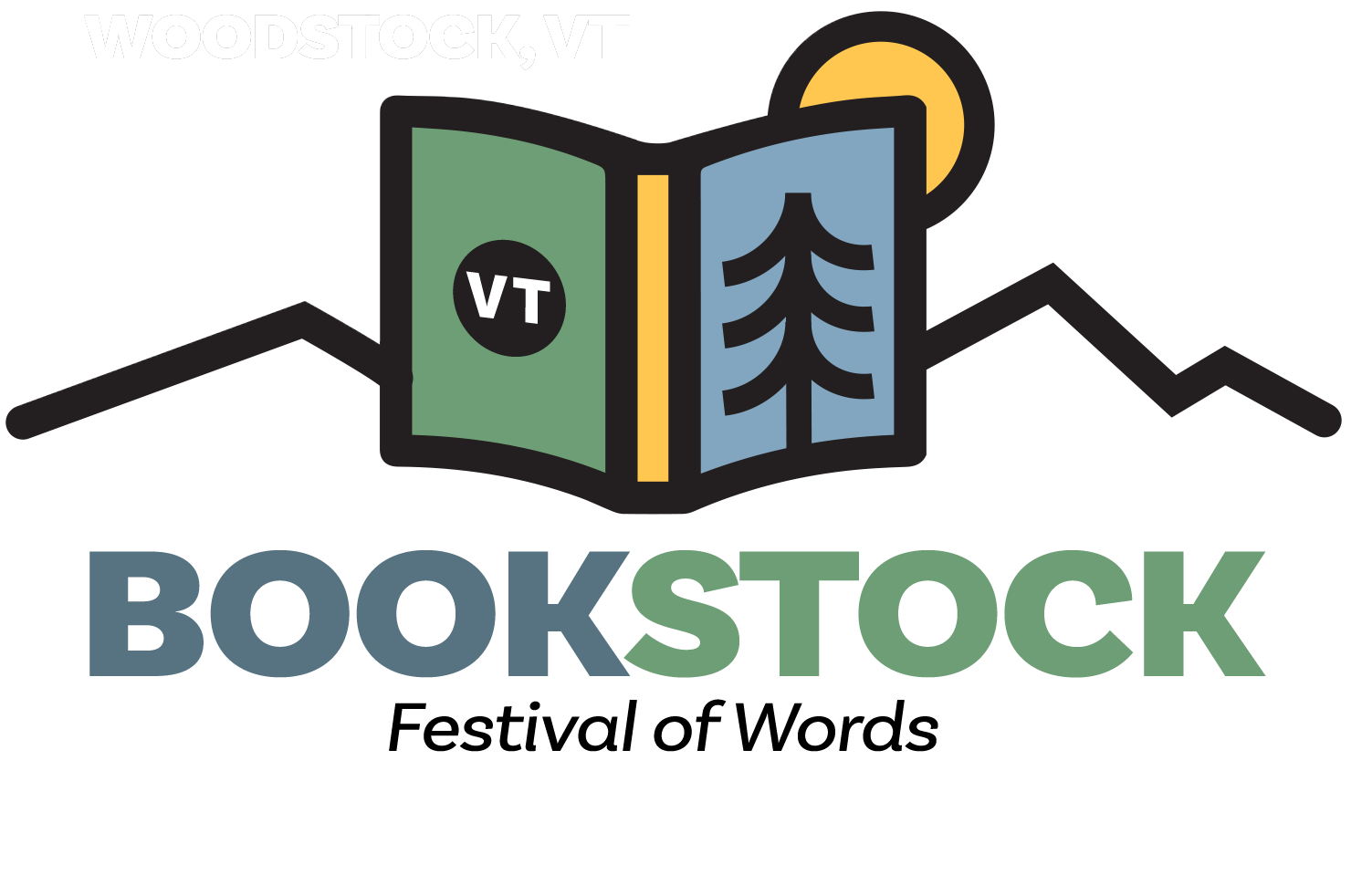Peter S. Canellos
Biography

Peter S. Canellos is the managing editor for enterprise at Politico, overseeing the site’s magazine, investigative journalism and major projects. Before that, he was the editorial page editor of The Boston Globe. He is the author of The Great Dissenter, the “superb” (The Guardian) biography of an American who stood against all the forces of Gilded Age America to fight for civil rights and economic freedom: Supreme Court Justice John Marshall Harlan. Canellos argues that while history may be written by the victors, Harlan was the most influential dissenter in Supreme Court history. He is currently writing a book about the conservative legal movement, based on the life of Samuel Alito.
The Great Dissenter: The story of John Marshall Harlan, America’s Judicial Hero
They say that history is written by the victors. But not in the case of the most famous dissenter on the Supreme Court. Almost a century after his death, John
Marshall Harlan’s words helped end segregation and gave us our civil rights and our modern economic freedom.
But his legacy would not have been possible without the courage of Robert Harlan, a slave who John’s father raised like a son in the same household. After the Civil War, Robert emerges as a political leader. With Black people holding power in the Republican Party, it is Robert who helps John land his appointment to the Supreme Court.
At first, John is awed by his fellow justices, but the country is changing. Northern whites are prepared to take away black rights to appease the South. Giant trusts are monopolizing entire industries. Against this onslaught, the Supreme Court seemed all too willing to strip away civil rights and invalidate labor protections. So as case after case comes before the court, challenging his core values, John makes a fateful decision: He breaks with his colleagues in fundamental ways, becoming the nation’s prime defender of the rights of Black people, immigrant laborers, and people in distant lands occupied by the US.
Harlan’s dissents, particularly in Plessy v. Ferguson, were widely read and a source of hope for decades. Thurgood Marshall called Harlan’s Plessy dissent his “Bible”—and his legal roadmap to overturning segregation. In the end, Harlan’s words built the foundations for the legal revolutions of the New Deal and Civil Rights eras.

